The best serums for pigmentation reduce dark spots, boost brightness and improve skin tone—and these 9 deliver on all fronts
This way for radiant skin
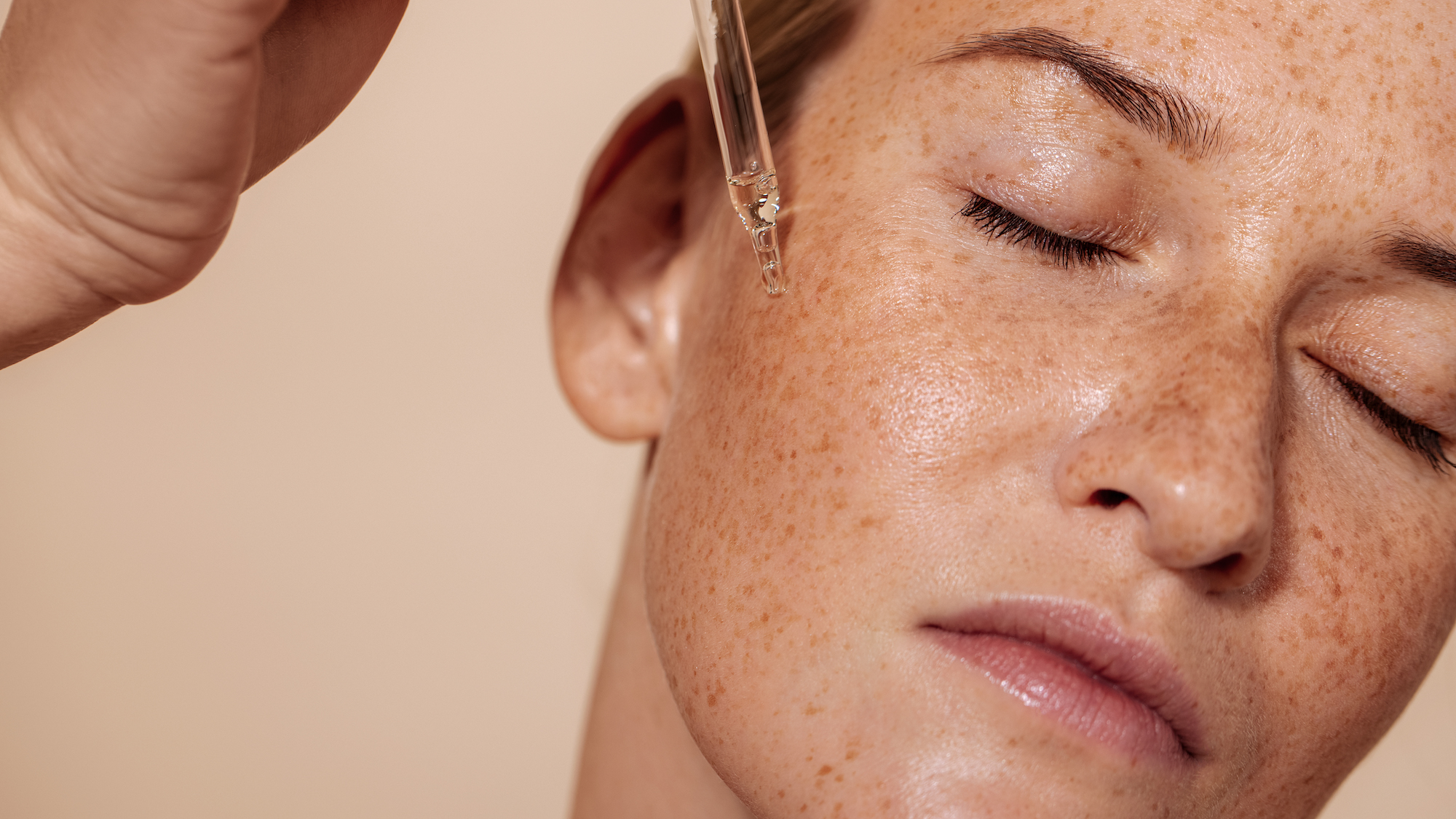

Speak to any skin expert and they will tell you that to tackle any skin issue, arming yourself with the best face serum is vital. They contain a high concentration of targeted ingredients, so it comes as no surprise that search for the best serum for pigmentation is on the rise. It wasn’t all that long ago that dark spots, pigmentation and discolouration in your skin would be something that you had to just put up with—unless, of course, you were willing to shell out for dermatologist-prescribed topical treatments or even pricier chemical peels or laser removal. These days, however, the range of pigmentation products available over-the-counter is ever increasing as brands work with dermatologists and product developers to better understand how to treat pigmentation at home. And the results that you can achieve are truly impressive. But what causes pigmentation in the first place?
The best serums for pigmentation: Quick links
- Best overall serum for pigmentation: La Roche-Posay MelaB3 Serum, £48 | LookFantastic
- Best budget serum for pigmentation: The Ordinary Alpha Arbutin 2% + HA Concentrated Serum, £10.50 | The Ordinary
- Best serum for persistent dark spots: Facetheory Glow-C Tranexamic 5% Serum, £27 | Facetheory
- Best serum for sensitive skin: Pai Fade Forward Dark Spot Serum, £59 | Cult Beauty
- Best serum for mature skin: Eucerin Anti-Pigment Dual Serum, £45 | Boots
- Best high-street serum for melasma: The Inkey List Tranexamic Acid, £16 | LookFantastic
- Best luxury serum for pigmentation: Allies of Skin Mandelic Pigmentation Corrector Night Serum, £98 | Cult Beauty
- Best brightening serum: Caudalie Vinoperfect Brightening Dark Spot Serum, £52 | Space NK
- Best serum for spot-prone skin: iS Clinical Active Serum, £88 | Space NK
Why do I have pigmentation?
There are actually several factors that can cause pigmentation and melasma on the skin, and many relate to existing or pre-existing skin conditions or genetics. “Many of my patients with pigmentary concerns will mention that the same is true for members of their family,” explains Dr Alia Ahmed, Consultant Pshyodermatologist for La Roche Posay. Eczema, psoriasis and acne are also some of the main skin conditions that can leave post-inflammatory pigmentation in skin colour after a breakout. “Environmental drivers also play a part, with exposure to harmful UV rays and sun-related damage being factors,” says Dr Ahmed. And that’s not to mention things like hormonal factors and medical conditions like diabetes or metabolic syndrome which can all contribute to your chances of getting pigmentation on your skin.
What ingredients can help treat pigmentation?
Minimising your chances of developing pigmentation in the first place is always a good place to start, so looking after your skin by applying a facial sunscreen every day and using an antioxidant serum like a vitamin C will give you peace of mind that you’re protecting your skin in the best way possible. AHAs like glycolic acid or the gentler lactic or mandelic acids are also a great option to incorporate into your routine—the gentle exfoliation will help to work off the dull, outer layers of skin and reveal the lighter, brighter skin beneath.
There is one active that is particularly brilliant at tackling pigmentation, though, and that’s melasyl. “It’s reported as superior to the currently available active for hyperpigmentation, including tranexamic acid [which is another good option],” explains Dr Ahmed. “The new melasyl molecule traps excess melanin before it can cause marks on the skin, but it’s also effective for persistent dark spots and is anti-relapse.” This combined with other ingredients like retinols for skin renewal, exfoliation and barrier-protecting ingredients like niacinamide can all work together to reduce pigmentation.
How long will it take a serum to work on pigmentation?
Pigmentation can be quite stubborn to treat so you won’t see results overnight with any of these products. “Skin renews every four weeks, but it can take longer to see tangible results,” explains Dr Ahmed. “Everyone is different but I’d usually recommend sticking to a regime for three months before making decisions on whether there is a positive difference.”
The best serums for pigmentation
1. La Roche-Posay MelaB3 Serum
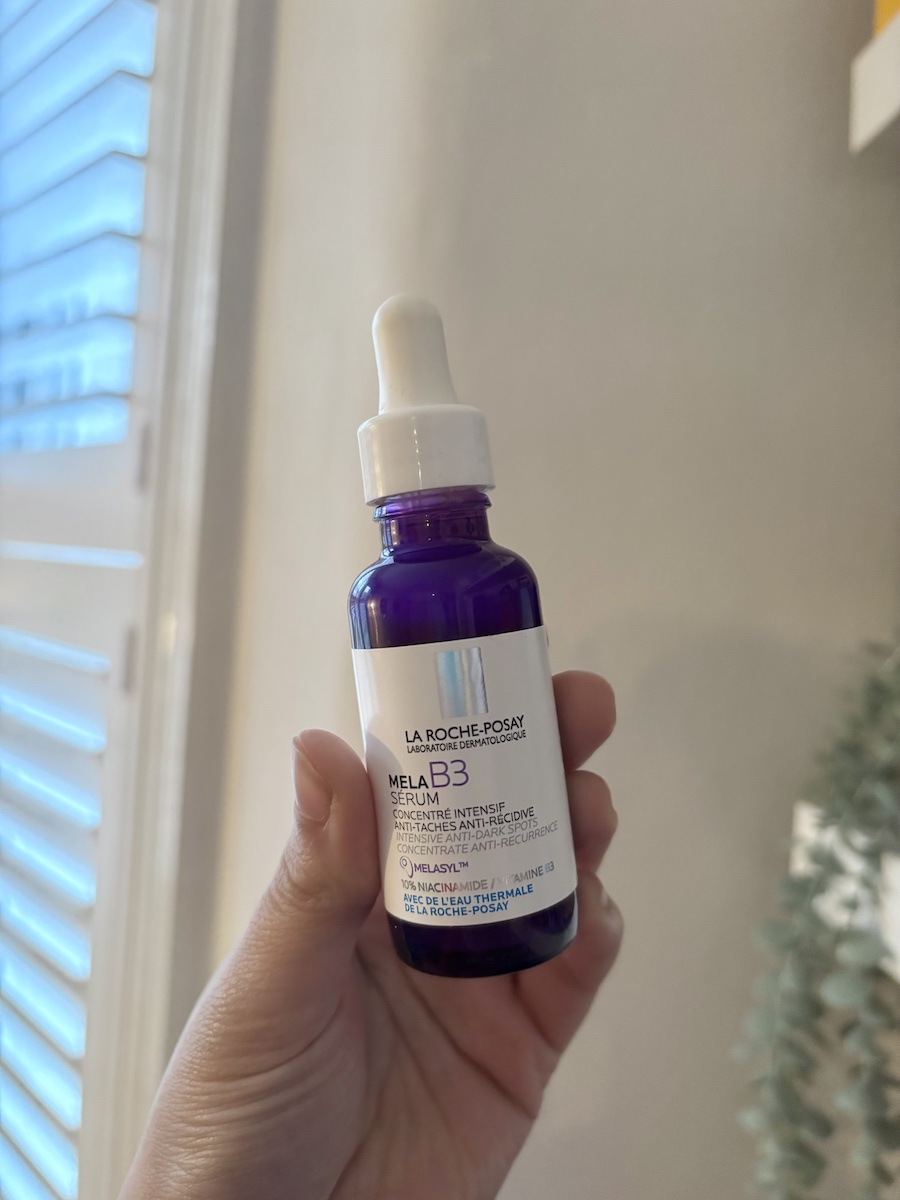
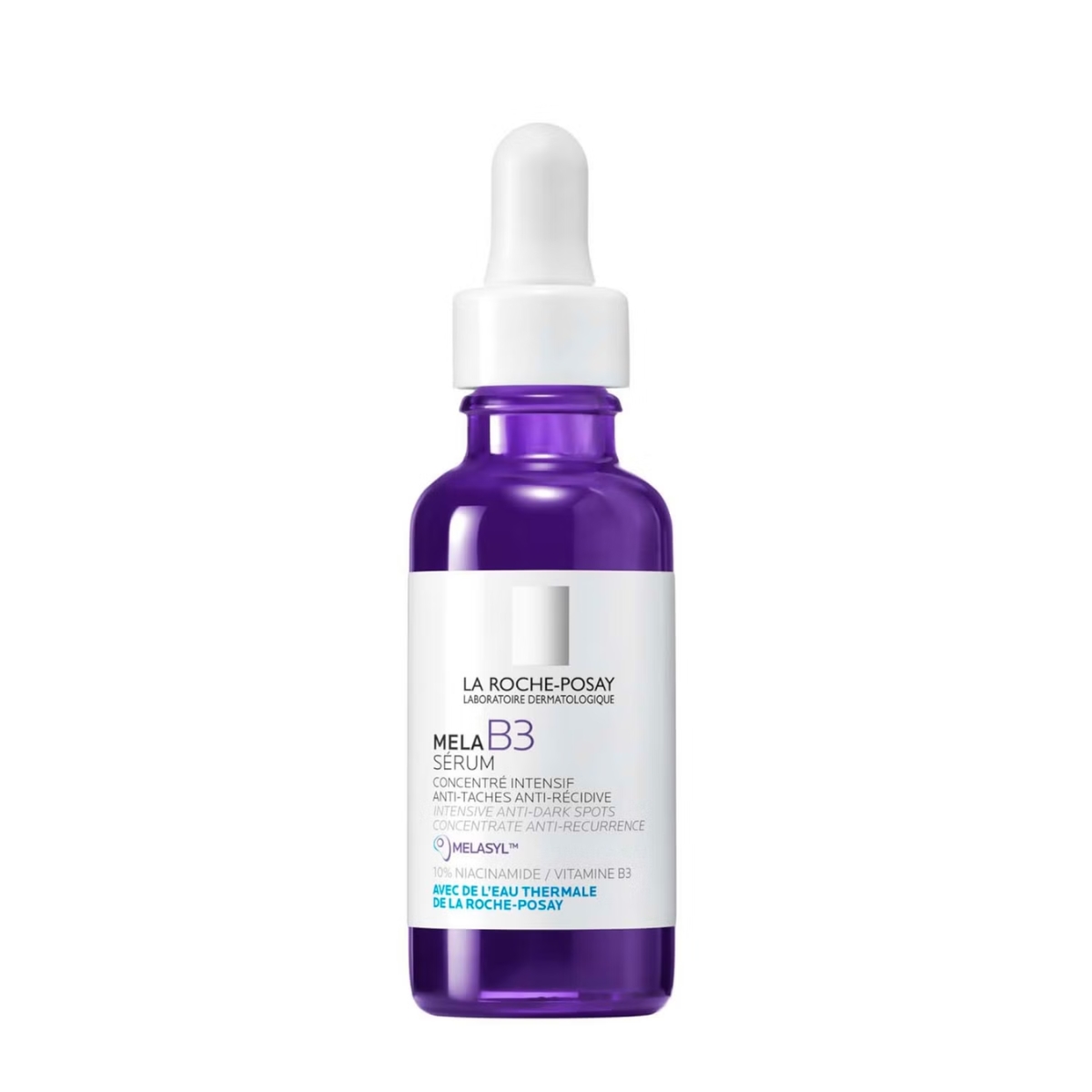
La Roche-Posay MelaB3 Serum
Specifications
Reasons to buy
Reasons to avoid
La Roche-Posay’s latest skincare launch is one of the best serums for pigmentation around, tackling dark spots, post-acne marks and hyperpigmentation. The star ingredient is Melasyl, a powerful yet gentle active that works hard to minimise discolouration in the skin and prevent further pigmentation forming. Plus, there’s 10% niacinamide to help strengthen the skin barrier and retinol to improve cell turnover for renewed and brighter looking skin. Even better, the texture of this is delightful lightweight—a gel-serum that sinks into skin and drenches it in hydration.
2. The Ordinary Alpha Arbutin 2% + HA Concentrated Serum
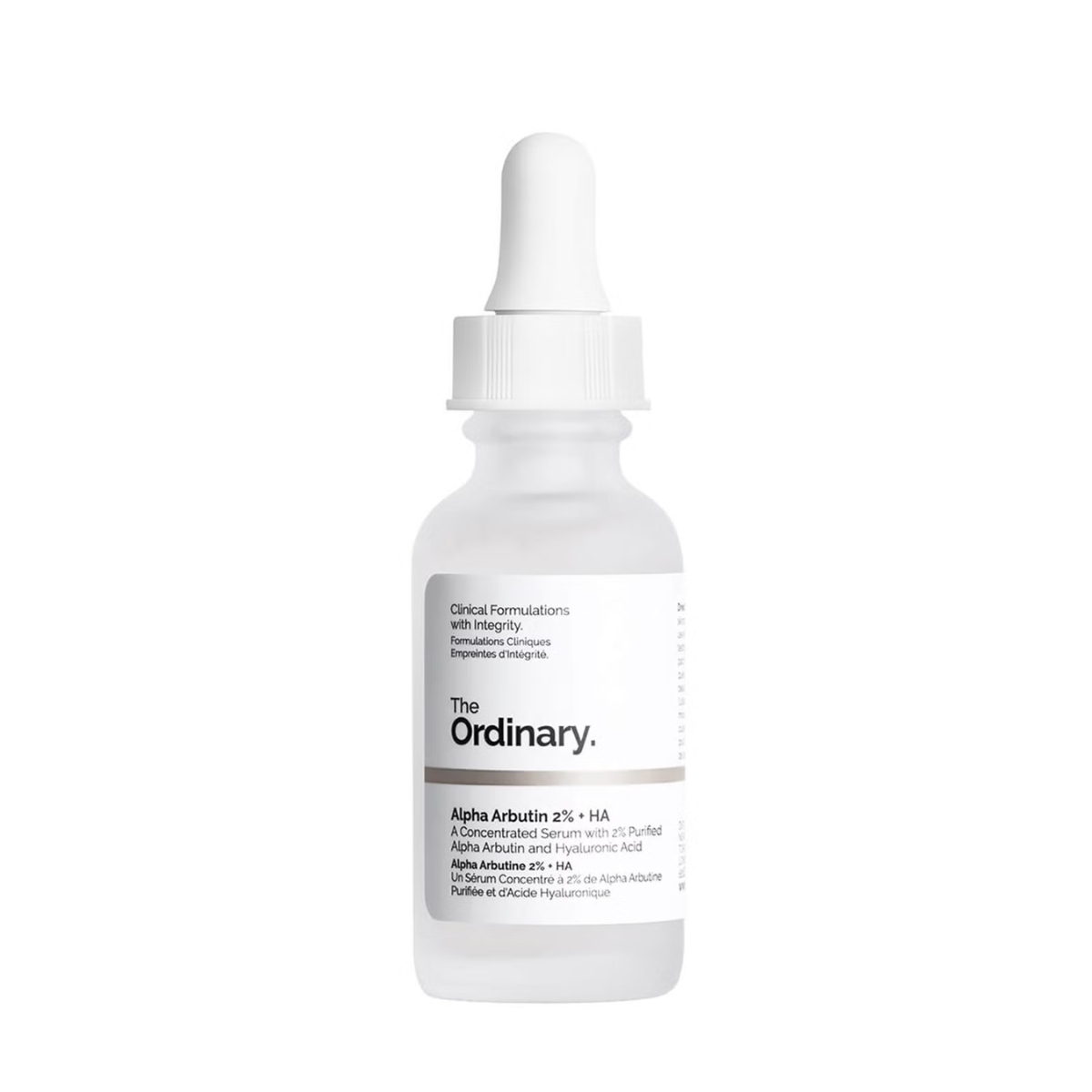
The Ordinary Alpha Arbutin 2% + HA Concentrated Serum
Specifications
Reasons to buy
Reasons to avoid
You might not be familiar with alpha-arbutin, but despite being a lesser-known ingredient it’s a bit of a star at minimising hyperpigmentation. Derived from hydroquinone, a lightening ingredient, it works by slowing down the process of pigmentation and reducing dark spots from forming on the skin—therefore acting as both a preventative and a treatment. Pairing it with hyaluronic acid helps it to absorb more easily into the skin and get to work, while adding a dose of hydration to the skin and supporting moisture levels.
3. Facetheory Exaglow Serum S10
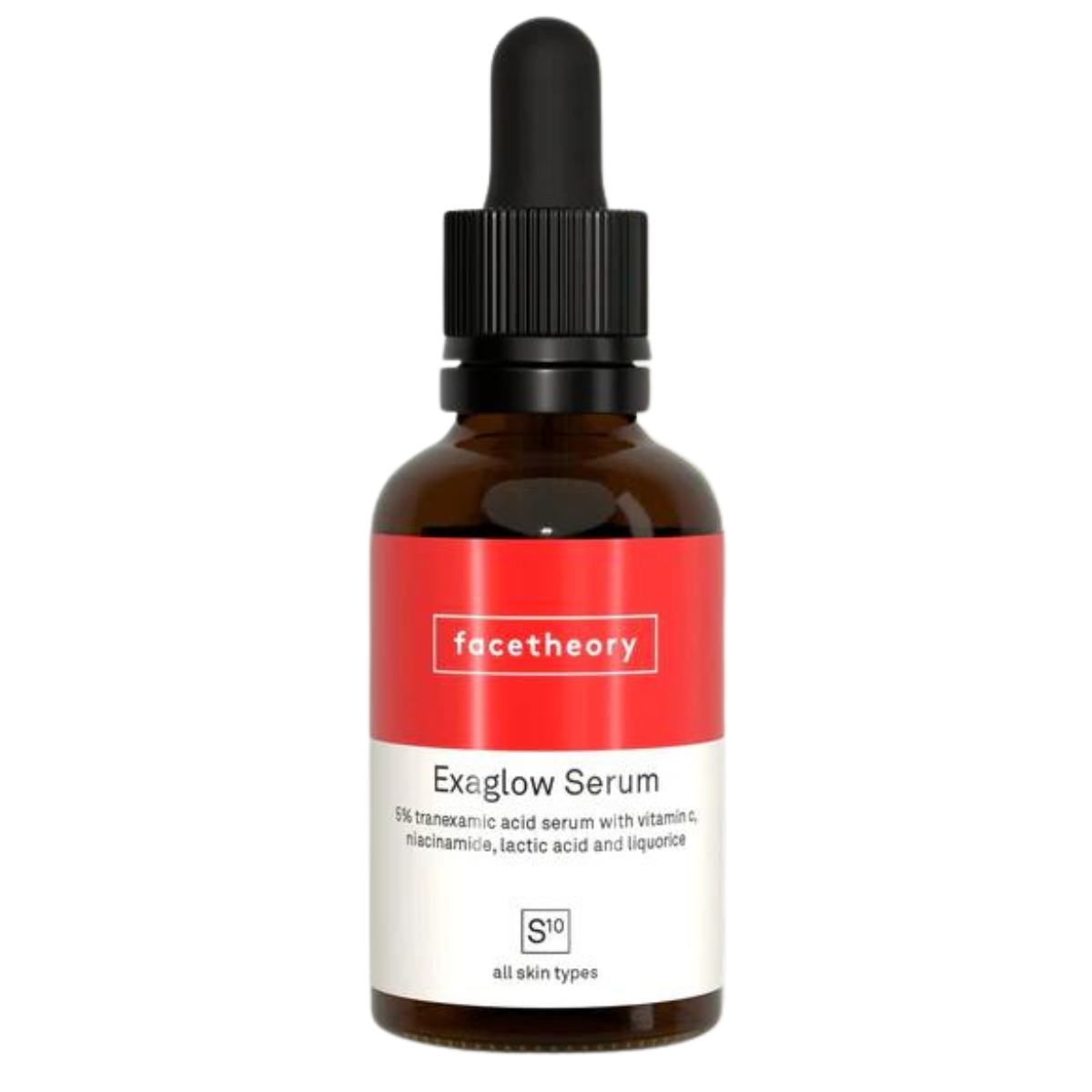
Face Theory Exaglow Serum S10
Specifications
Reasons to buy
Reasons to avoid
The reviews for this serum speak for themselves, but with such an impressive list of ingredients it’s no wonder that it's one of the best serums for pigmentation. At the heart of the formula is a dose of 5% tranexamic acid—an ingredient renowned for its ability to lighten areas of the skin that have been affected by discoloration and hyperpigmentation, so it’s brilliant at minimising the appearance of melasma and dark spots. To support that, there’s also vitamin C to provide antioxidant protection and a boost of radiance, niacinamide to help with evening skin tone and minimising the appearance of pores, and lactic acid to gently exfoliate and smooth the skin’s surface.
4. Pai Fade Forward Dark Spot Serum
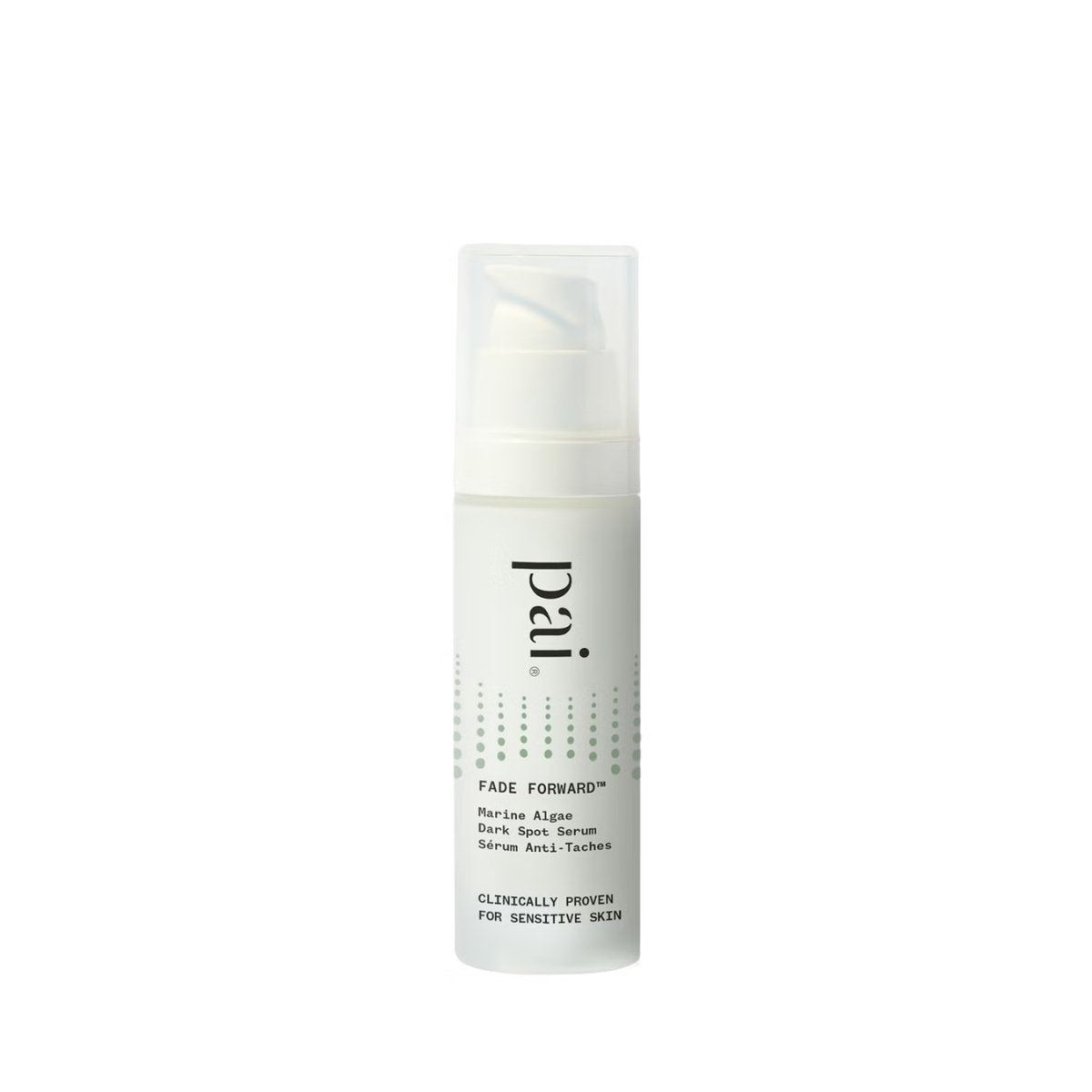
Pai Fade Forward Dark Spot Serum
Specifications
Reasons to buy
Reasons to avoid
Dealing with pigmentation when your skin is very sensitive or highly reactive can be tricky as a lot of the best serums contain very potent actives which can cause irritation. This one from Pai, however, takes a gentle approach to targeting discolouration—forgoing exfoliating acids and retinols in favour of plant-based ingredients like marine algae and a stabilised form of vitamin C to fade discoloration, brighten and protect. Skin is left looking glowy from first use and dark spots look reduced over the following weeks,
5. Eucerin Anti-Pigment Dual Serum
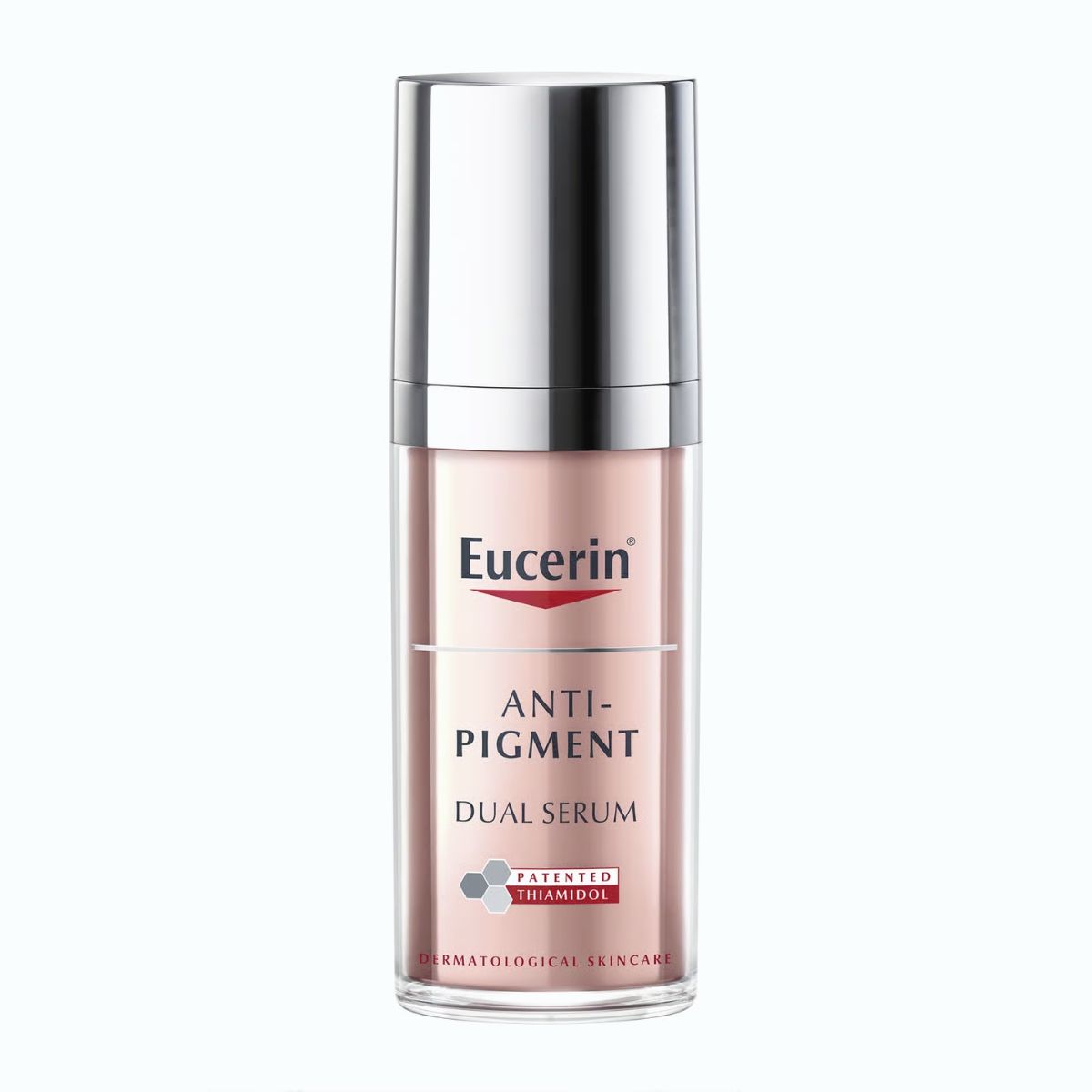
Eucerin Anti-Pigment Dual Serum
Specifications
Reasons to buy
Reasons to avoid
Pigmentation is something that often emerges on our skin as we grow older, so tackling discolouration along with the lack of moisture and elasticity in our skin can be challenging. This serum from Eucerin takes a two-fold approach to boosting brightness and improving moisture levels with a dual-action formulation. The first serum targets dark patches and sun spots using the patented ingredient thiamidol which is clinically proven to reduce pigmentation and prevent it remerging. The second is brimming with concentrated hyaluronic acid to help skin retain moisture levels and boost plumpness. Combined, skin is left smooth, juicy and brighter. The brand
6. The Inkey List Tranexamic Acid
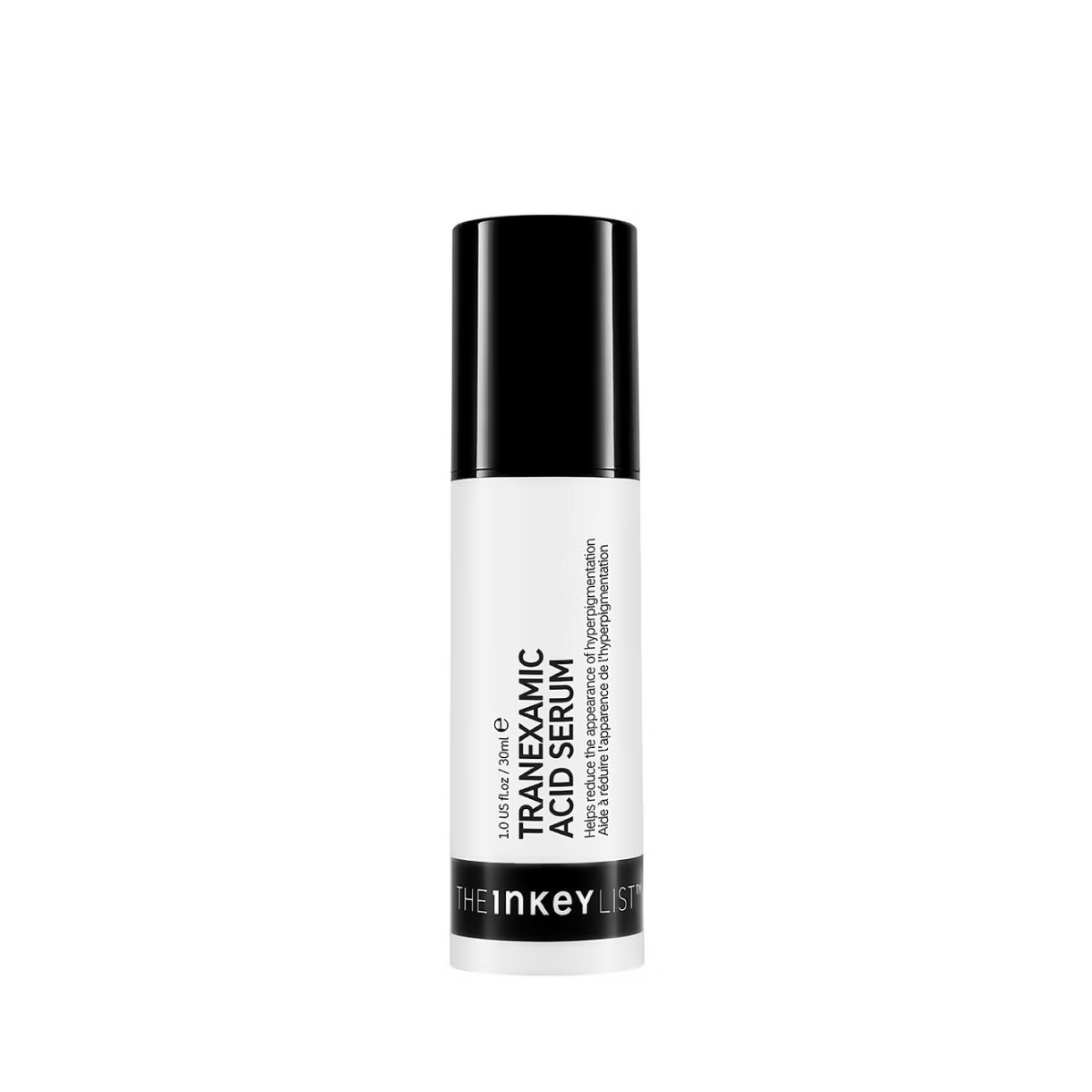
The Inkey List Tranexamic Acid
Specifications
Reasons to buy
Reasons to avoid
Whether you have genetic melasma, dark spots caused by sun damage or hyperpigmentation left behind from acne breakouts, this overnight treatment has one main focus—to lighten and brighten all discolouration on the skin. It has a gel-like texture that you smooth onto clean skin as the last step in your evening skincare routine and then let it get to work while you sleep. Tranexamic acid will work to lighten dark patches while acai berry provides antioxidant support and brightens the skin overall. It does take a few weeks to see a noticeable difference in the skin, but stick with it as it’s well-priced and really does work.
7. Allies of Skin Mandelic Pigmentation Corrector Night Serum
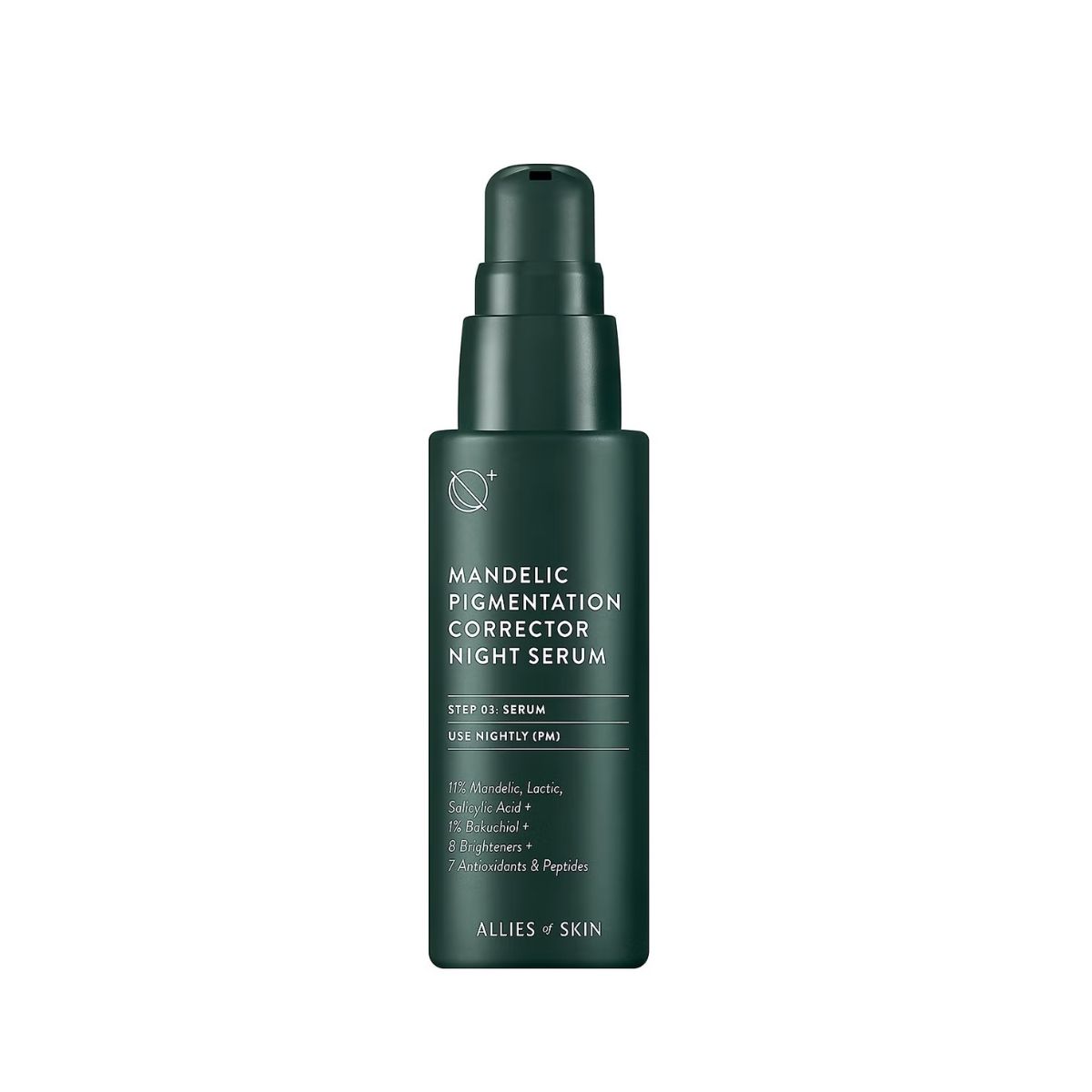
Allies of Skin Mandelic Pigmentation Corrector Night Serum
Specifications
Reasons to buy
Reasons to avoid
If you’re looking for a serum that gets to work fast on pigmentation then this won’t disappoint. Yes, it is on the expensive side, but you’re paying for a really complex formula containing an impressive 11% blend of mandelic, lactic and salicylic acid which break down dead skin cells, encourage cell turnover and target pigmentation, large pores, uneven texture and even blackheads. For anyone with congestion alongside melasma, this is a one-stop approach to targeted skincare. Even better, there’s no chance of your skin drying out while using this as it keeps your skin barrier in mind too thanks to a hydrating infusion of hyaluronic acid, niacinamide and fatty acids from natural oils. It’s luxurious, effective and worth every penny.
8. Caudalie Vinoperfect Brightening Dark Spot Serum
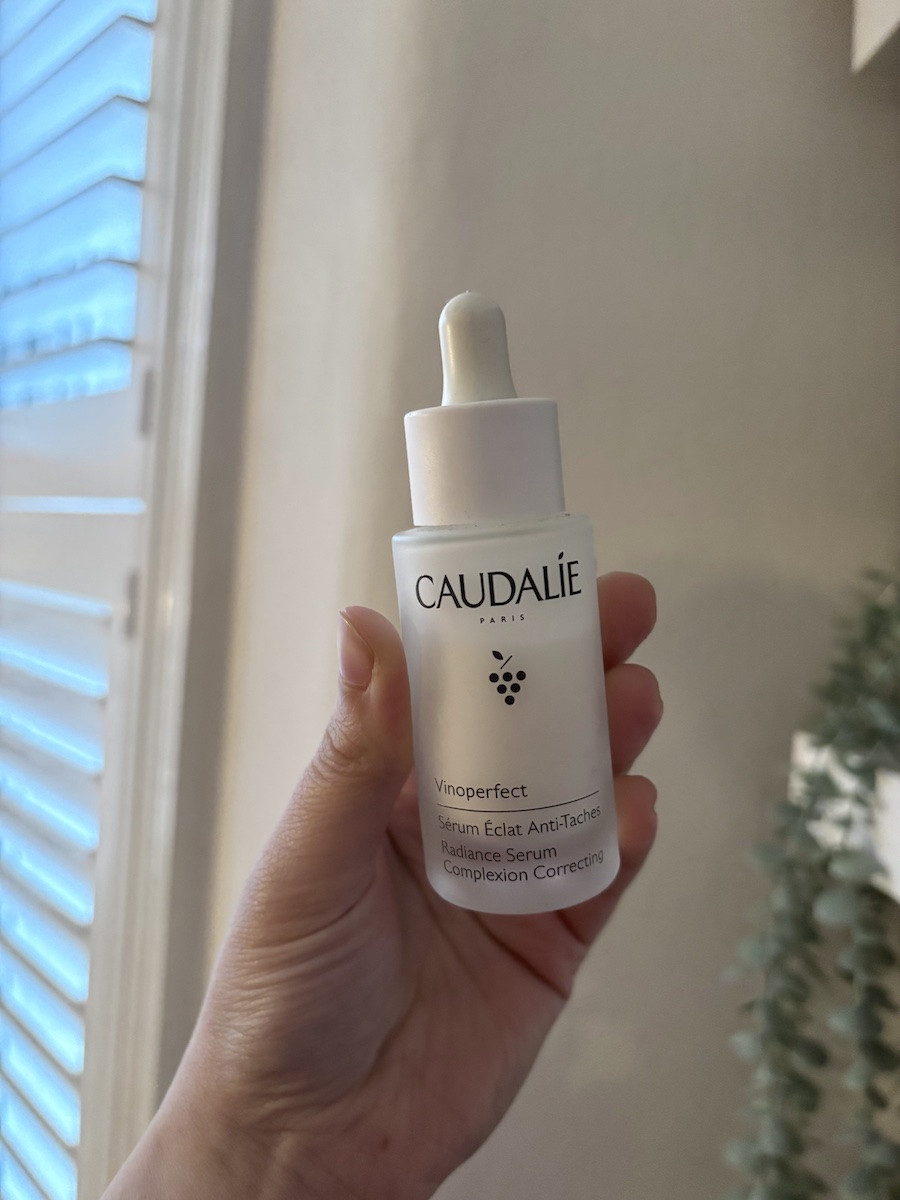
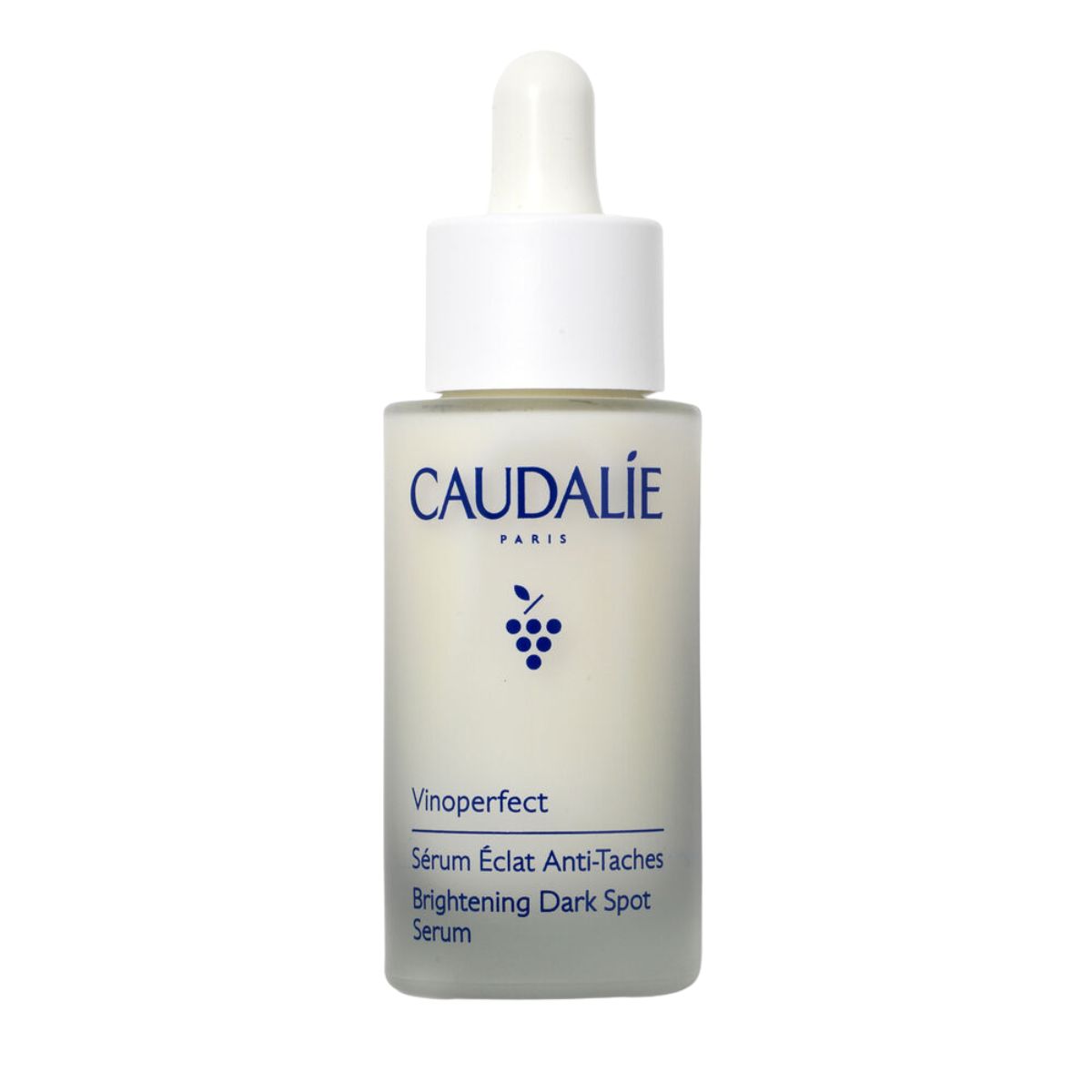
Caudalie Vinoperfect Brightening Dark Spot Serum
Specifications
Reasons to buy
Reasons to avoid
Anyone that has pigmentation will understand that dull-looking skin often comes hand in hand with the discolouration. Thankfully, this gentle yet effective formulation from Caudalie not only tackles the appearance of dark spots but also focuses on brightening and illuminating the complexion. It does this via a patented hero ingredient called Viniferine—a powerful alternative to vitamin C which tackles everything from sun damage to acne scarring. As someone that has both, I find this lightweight serum does an incredibly job of making skin look more fresh and healthy, as well as tackling some of the uneven texture I have on my skin.
9. iS Clinical Active Serum
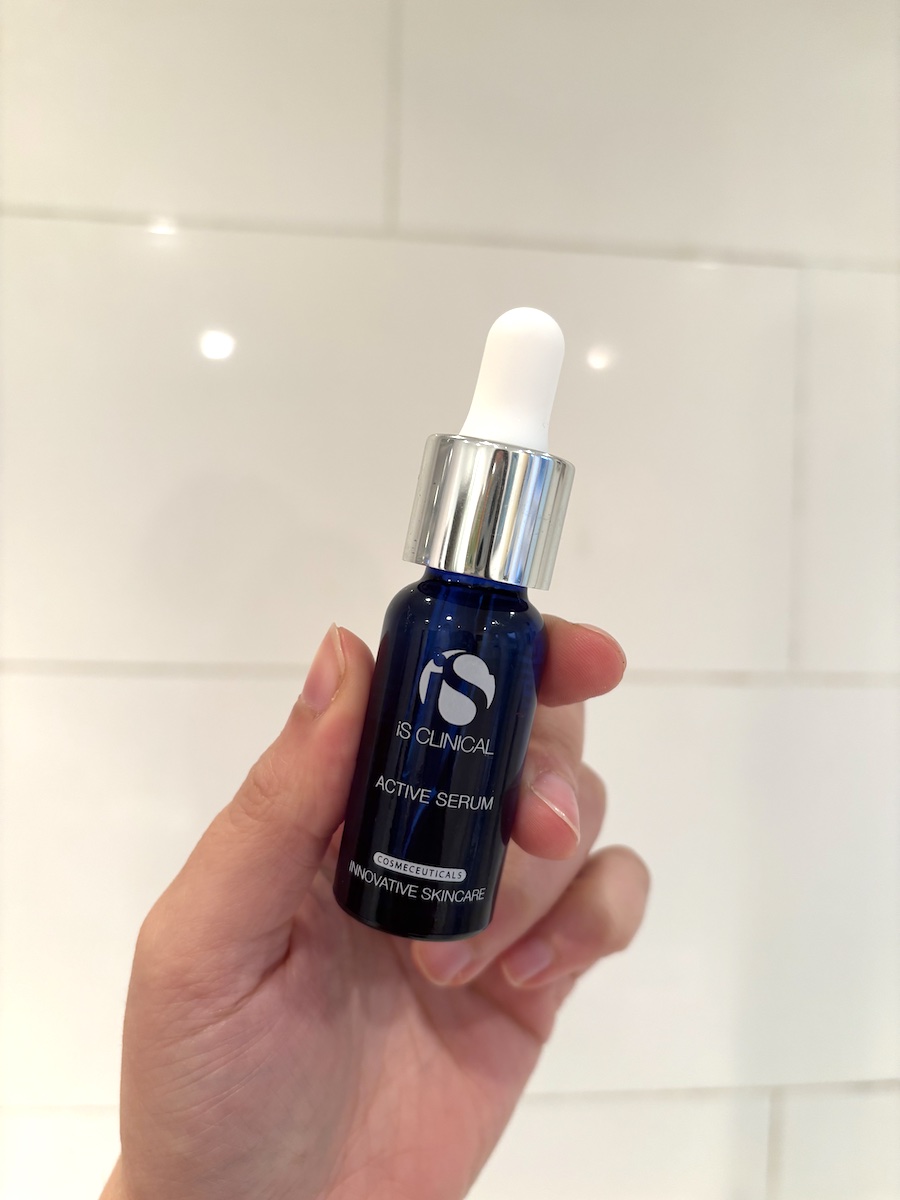
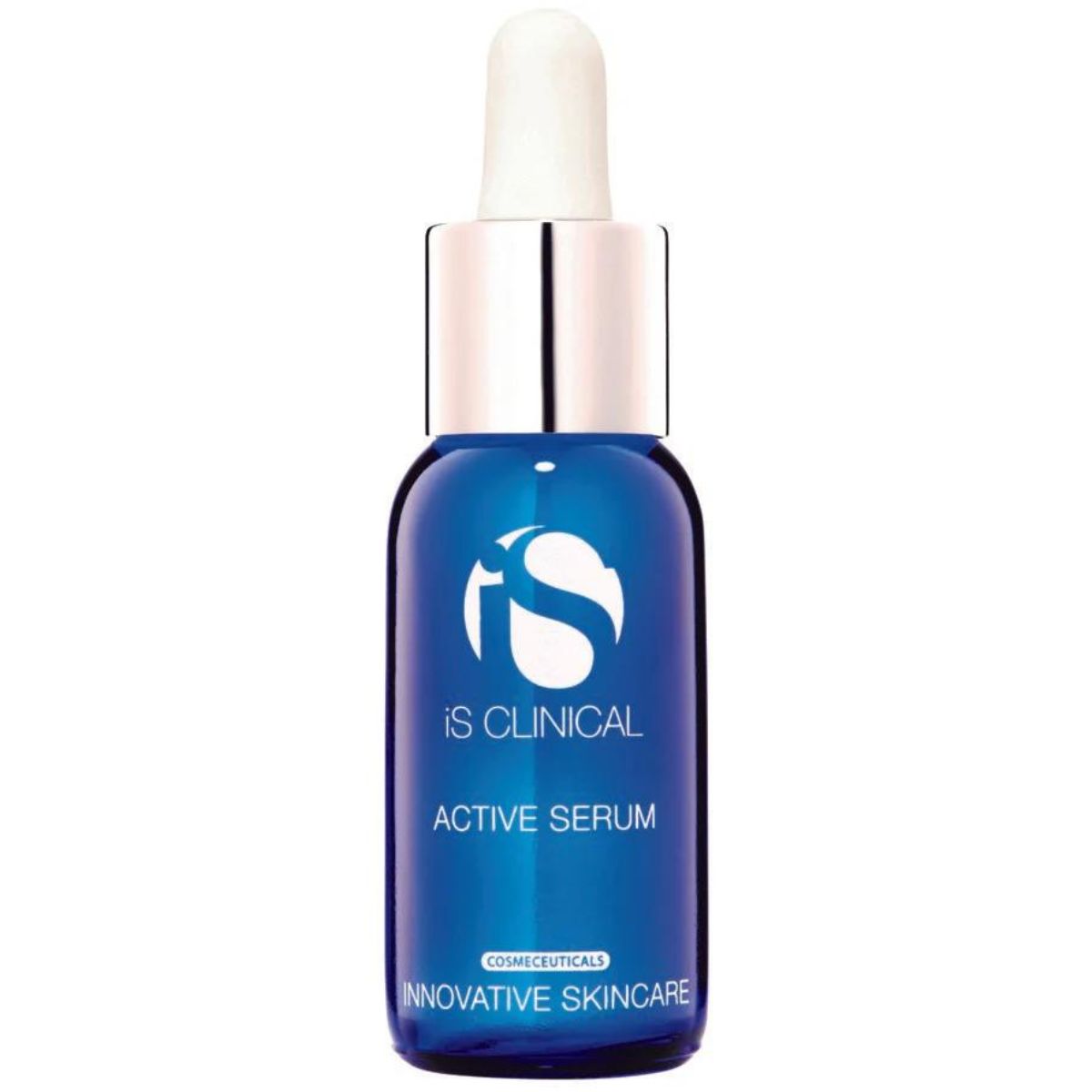
iS Clinical Active Serum
Specifications
Reasons to buy
Reasons to avoid
As someone prone to acne and breakouts, this is one of my favourite iS Clinical products of all time—and it makes a brilliant serum for tackling pigmentation too. It’s a bit of an all-rounder in that the tingle formulation works to calm breakouts, brighten skin tone, gently exfoliate and minimise the dark spots and pigmentation that are often left behind by particularly inflamed breakouts. It works remarkably quickly for a serum—within days I always notice that the texture of my skin is so much smoother, brighter and more even. But long-term it really does work to keep hyperpigmentation in check and impart a long-lasting glow. It’s pricey, but worth it.
Marie Claire Newsletter
Celebrity news, beauty, fashion advice, and fascinating features, delivered straight to your inbox!
Mica Ricketts is a freelance beauty editor and contributor to Marie Claire. She has written for titles including Refinery29 and Who What Wear UK, and also works with beauty brands on content messaging and marketing copy. She was previously Who What Wear UK's beauty editor. As someone that has tried basically every acne product on the market, she has a particular passion for debunking skincare myths and finding products that work. Plus, with two small children at home she is all about time-saving beauty routines that boost glow and disguise dark circles.
-
 Prince Harry's "proud" words about wife Meghan Markle are going viral
Prince Harry's "proud" words about wife Meghan Markle are going viralBy Jenny Proudfoot
-
 Sources have opened up about Timothée Chalamet and Kylie Jenner's "intense" start to the year
Sources have opened up about Timothée Chalamet and Kylie Jenner's "intense" start to the yearBy Jenny Proudfoot
-
 Two Hollywood actresses were offered the role of Carrie Bradshaw before Sarah Jessica Parker
Two Hollywood actresses were offered the role of Carrie Bradshaw before Sarah Jessica ParkerBy Jenny Proudfoot